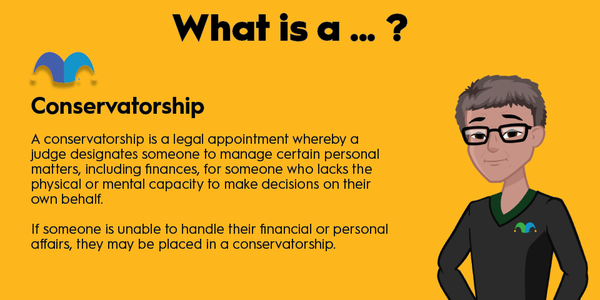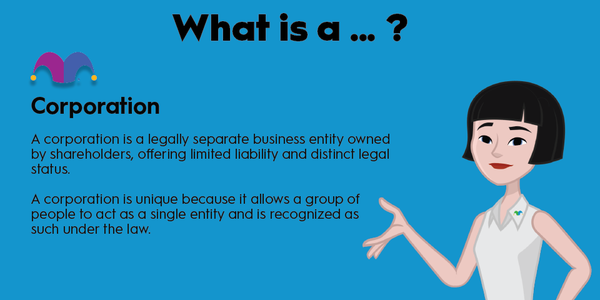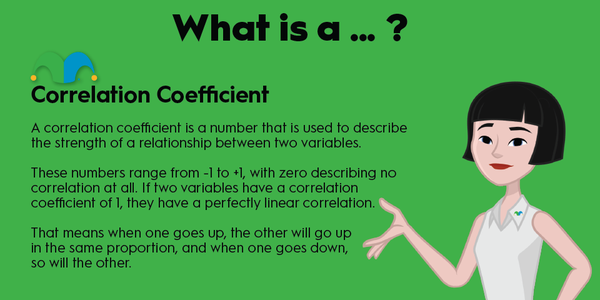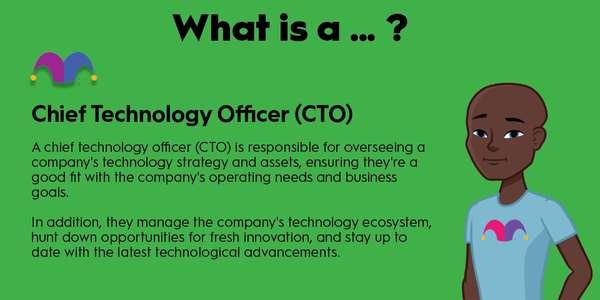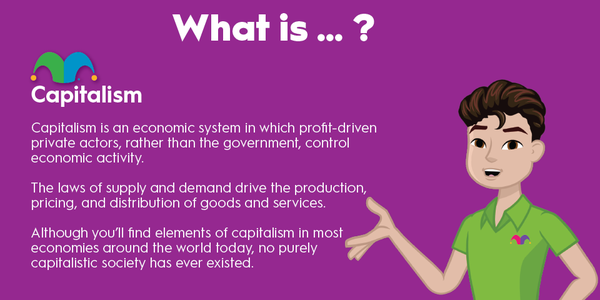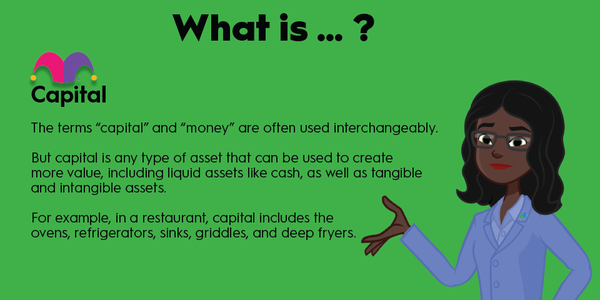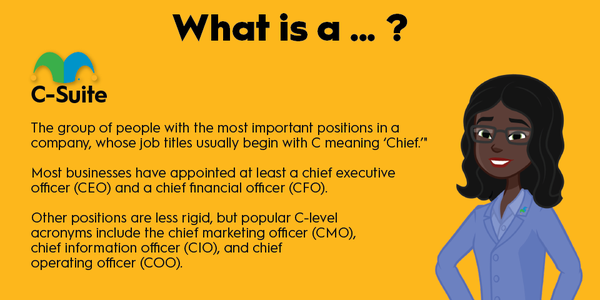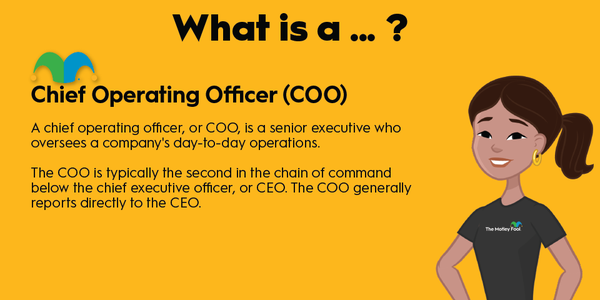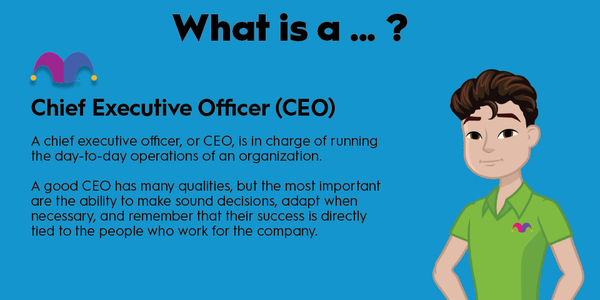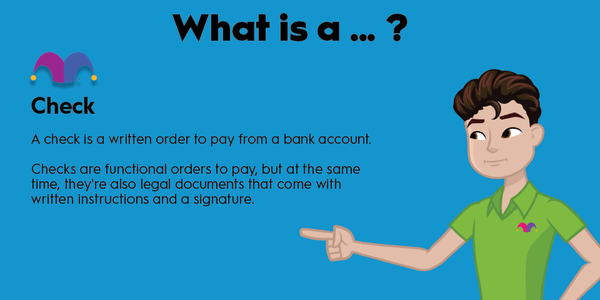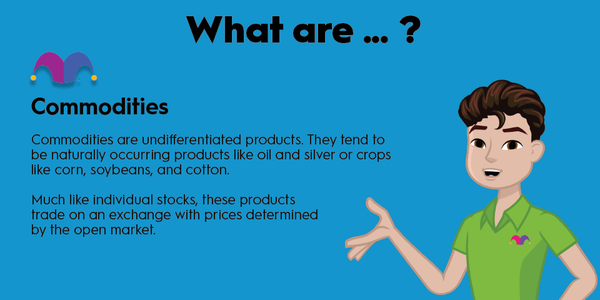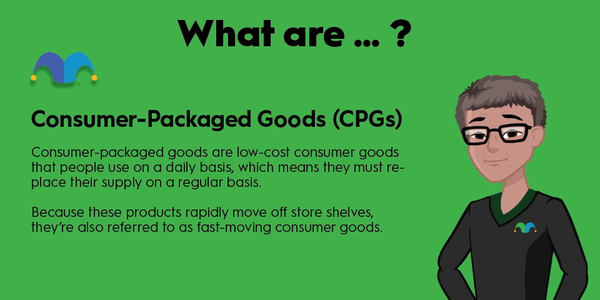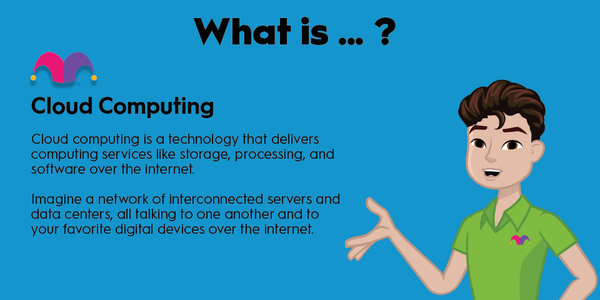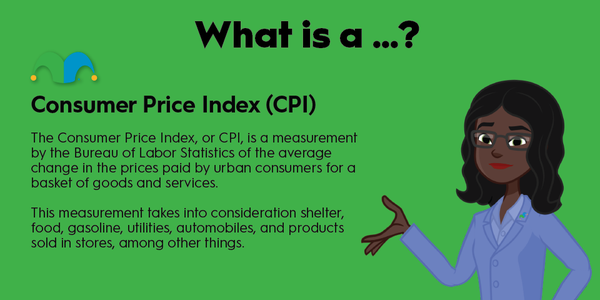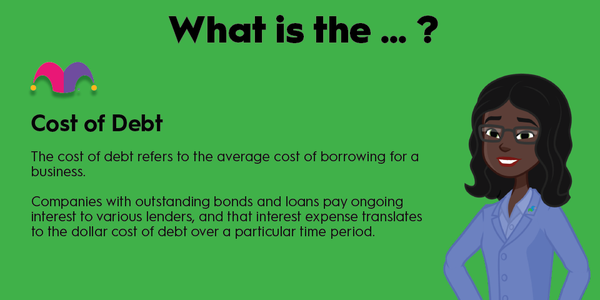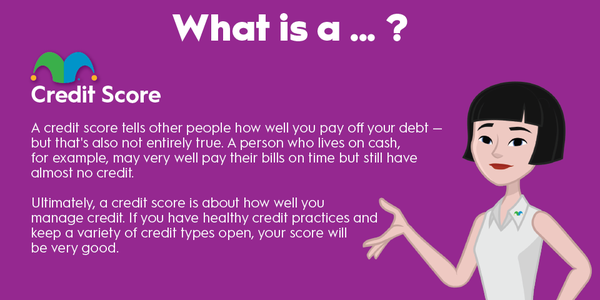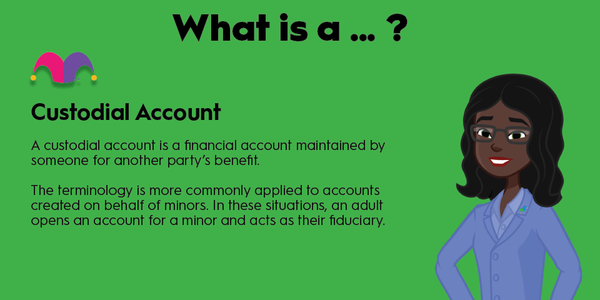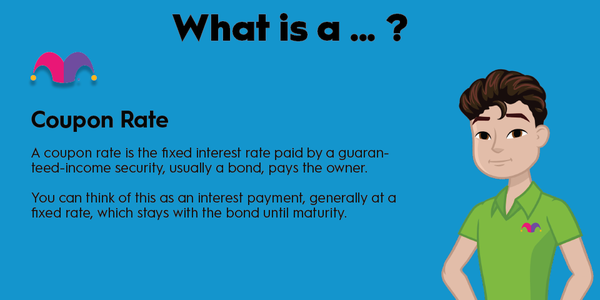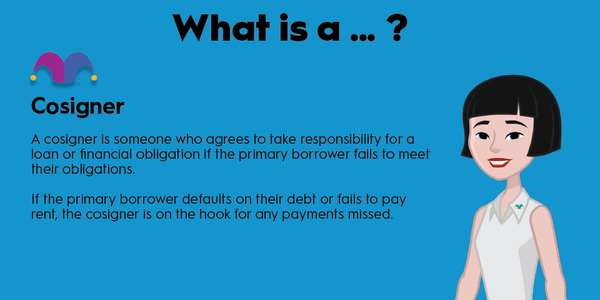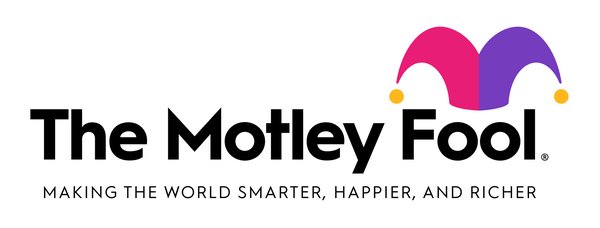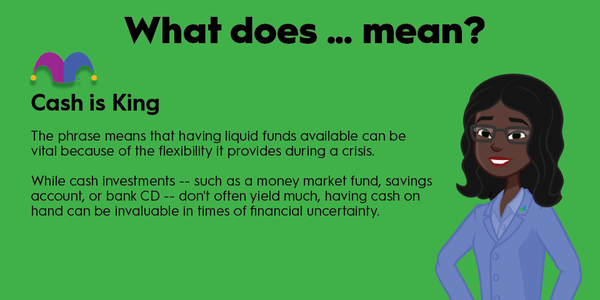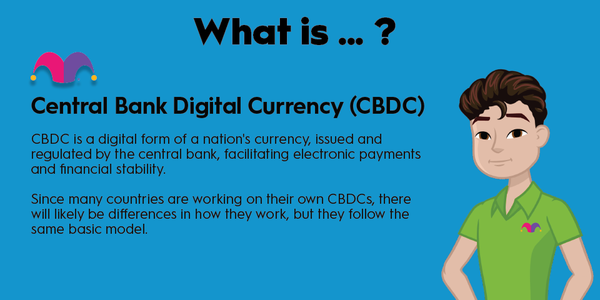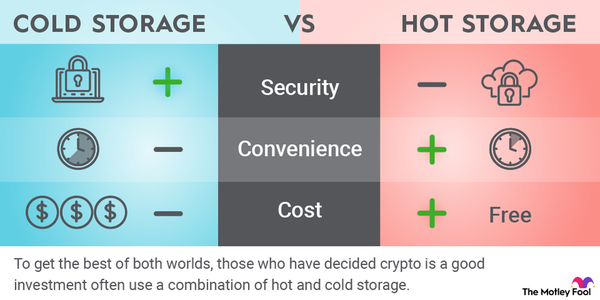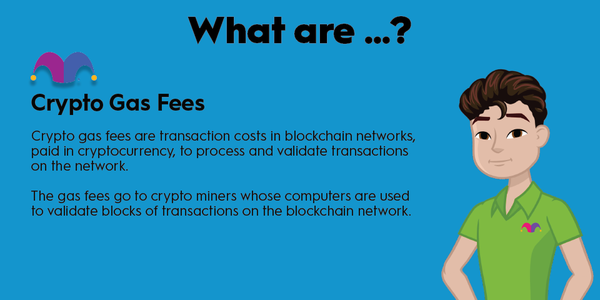The health insurance system in the United States is complicated, and there are a lot of different ways to obtain health insurance.
One of the most common is through an employer, who often provides health insurance and tends to pay for some if not all of the premium.
If you lose your job, either because you quit or get fired, you can keep your health insurance through COBRA.

Definition
What is COBRA?
COBRA, which stands for Consolidated Omnibus Budget Reconciliation Act, gives employees and their families the right to choose to keep their health insurance from their job once they are no longer working.
COBRA, however, doesn't include your employer's contribution. You will be responsible for the premium yourself.
How it works
How does COBRA work?
Once you are no longer working at your job, you have the option of keeping your employer-sponsored health insurance, but you will be responsible for paying for it.
If you want coverage through COBRA, you have 60 days to choose to take it. Once you are on COBRA, you can generally stay on it for 18 months, although you might find it's more expensive than other options. You must pay your premiums to stay on COBRA.
The length of time you're eligible to stay on COBRA depends on your qualifying reason. For instance, your coverage period could extend for 11 more months if you're disabled or you become disabled in your first 60 days of being eligible. If you become eligible for Medicare, you could stay on COBRA for 36 months.
Should you take it?
Should you take COBRA?
Whether or not you choose to take COBRA will depend on your options. First, you should expect COBRA to be significantly more expensive than your employer-covered insurance. If you're no longer working, you might have trouble paying for it.
Some easy alternatives worth considering include using a spouse's insurance or a parent's if you're young enough. On the other hand, if you're old enough to collect Medicare, you may want to choose that instead of COBRA.
Another option is to get health insurance from the federal or state-run marketplaces, which you might find is more affordable than the COBRA plan.
The good news about COBRA is that you can start taking it and then drop it if you find something that works better for you. That could even include a new job that now includes health insurance.
COBRA was intended to fill the gap in coverage that would normally occur when you're no longer at a job. It's not the best solution for full-time, long-term health insurance.
Related investing topics
Example
What's an example of COBRA?
Let's say you leave your job. The reason doesn't matter. You could just not want to work there anymore.
If your employer has more than 20 employees in their health insurance plan, you will be eligible for COBRA. You will likely receive some mail or online correspondence explaining what you have to do if you want to get COBRA and how much it will cost.
You'll want to compare the costs to other options, such as a marketplace plan, and consider what you might do for future health insurance. If you believe you'll be able to find another job that offers health insurance quickly, you likely won't need COBRA for very long.
As the stock market attempts to start a new bull market, the unemployment rate is slowly ticking up. We're likely to see more demand for COBRA plans, even though the unemployment rate still remains near historic lows.
If you find yourself out of work and needing health insurance, take the time to review your options and find what works best for you.
